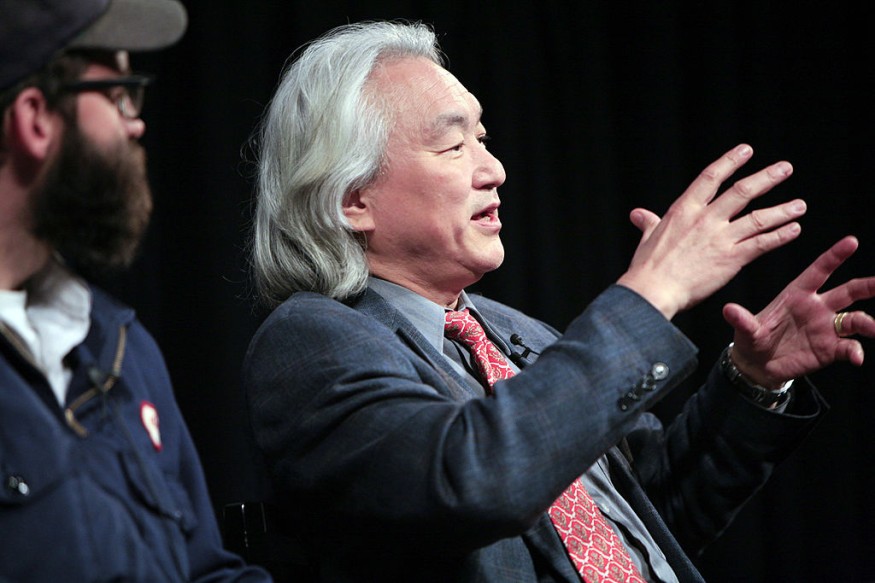According to a physicist, humans have a small chance to go to other worlds unknowingly through the power of quantum physics. This window could, for example, make a person wake up in the harsh environment of Mars rather than in their bedroom.
The expert said that the tiny but calculable probability could let quantum waves modify space-time and warp a tunnel through it, leading us to be transported to the Martian planet effortlessly.
We Might Wake Up One Day on the Red Planet

The famous Michio Kaku is the physicist who theorized this bizarre but fascinating possibility. According to the scientist, he always gives his students exercises related to quantum physics. One of the equations he asks his students to construct is the same as the scenario he believes is possible: to calculate the likelihood of us waking up on Mars tomorrow while presenting all the corresponding causes that exist throughout what we know as the 'multiverse.'
The idea is somewhat strange for many, but Kaku provided several pointers anchored to quantum physics that make it doable in a report by the New York Times.
According to Kaku, quantum theory materialized through the inspiration of the concept presented by Heisenberg called the uncertainty principle. In this setup, a small probability could still occur, such as humans being able to exist in a different plane like the red planet.
The physicist wrote, "there's a tiny but calculable likelihood that our quantum wave will tunnel its way through space-time and wind up there."
Kaku explained that, in reality, calculations that attempt to solve the possibility of people waking up on Mars would take longer than the lifetime of the billion-year-old universe to write up and complete.
But despite those challenges, Kaku said we still have a small chance to make this theory possible. Regarding the state of reality, he referenced the famous British genetics specialist J.B.S Haldane who said that the universe is "not only queerer than we suppose, but queerer than we can suppose."
Chances are Low, But Not Impossible
It is highly improbable for an individual to exist in the Martian environment tomorrow, but if they did, further improbabilities would soon follow, such as the limitations against the extreme conditions of the planet and the absence of the breathable air from its atmosphere, among other things.
Kaku emphasized that unlikely does not automatically mean impossible. These trivial chances are what quantum physics is studied for, a field that offers those possibilities and could tackle subjects ranging from the universe's origins to our present and future existence by using the level of quantum uncertainty, The Byte reports.
A new study from the Physics of Life Reviews, titled "At the crossroad of the search for spontaneous radiation and the Orch OR consciousness theory," also suggests a similar idea.
Based on their models, simulations show that a mass and gravitational pull could scratch or crush the quantum waves in other forms. This meant that numerous possibilities could occur instead of only a single, uniform measurement, with the quantum properties to make other aspects of life, such as our minds, break free from the classical mechanics' one-input, one output restrictions.
Check out more news and information on Physics in Science Times.
© 2026 ScienceTimes.com All rights reserved. Do not reproduce without permission. The window to the world of Science Times.










